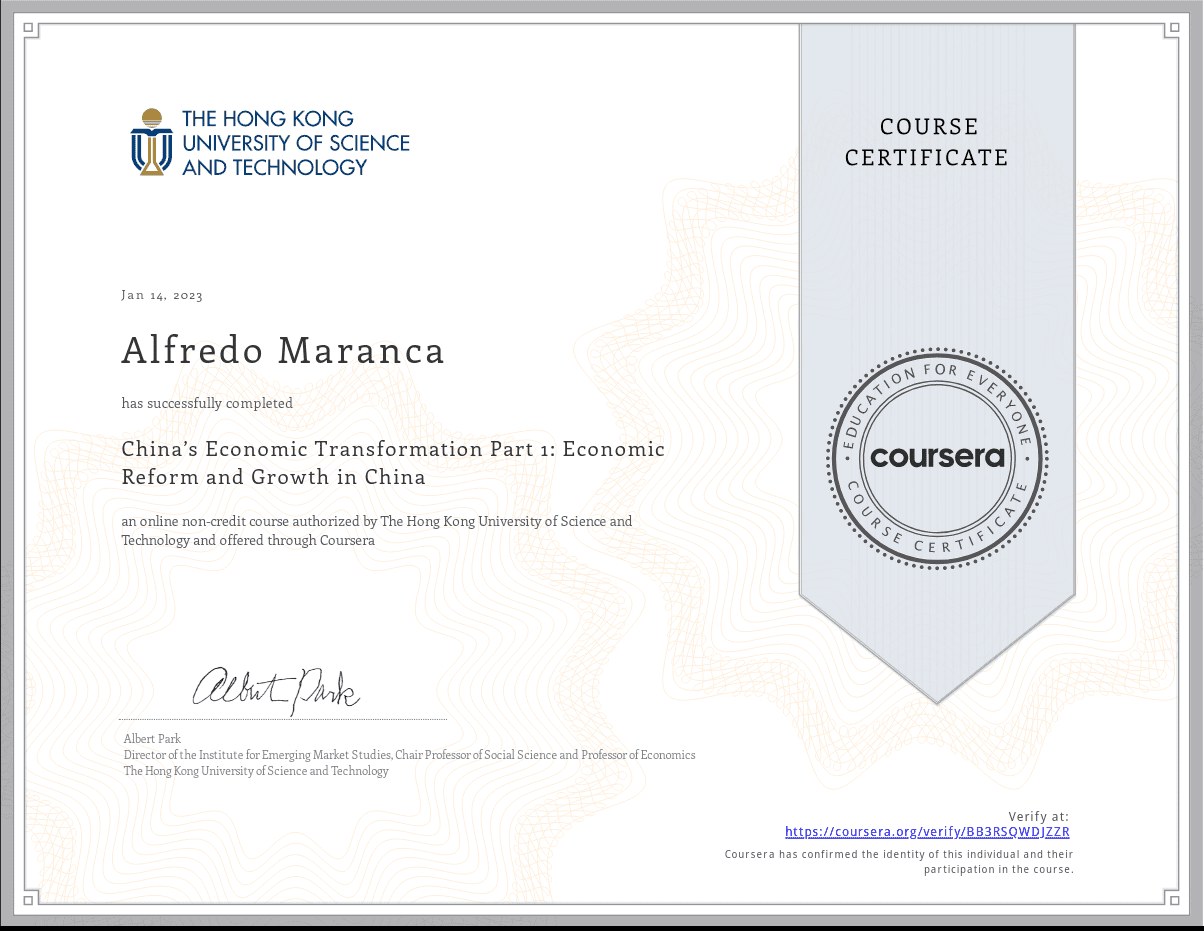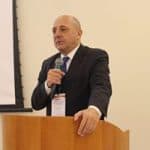What is the Secret of Chinese Economic Success? – A Course Review
A review of China’s Economic Transformation Part 1: Economic Reform and Growth in China by The Hong Kong University of Science and Technology.
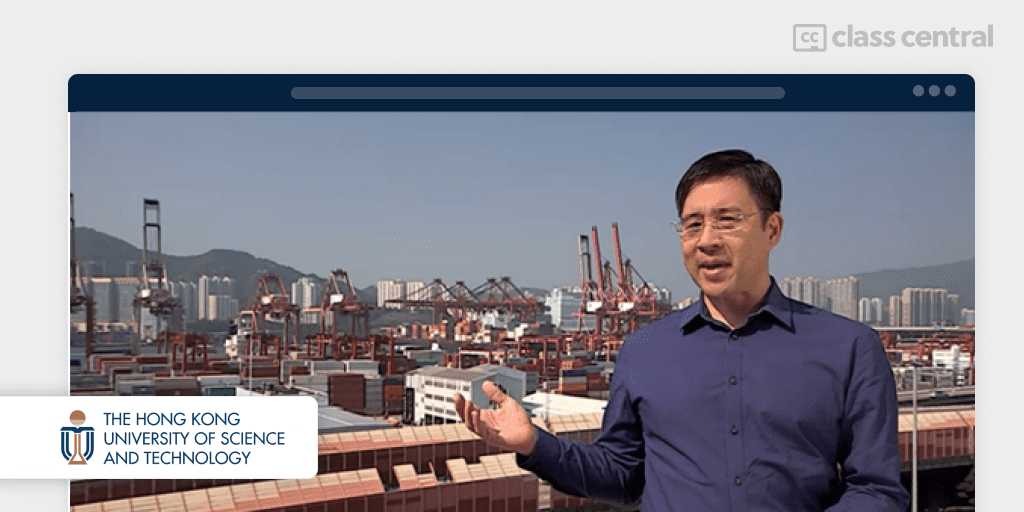
This is an in-depth review of the free-to-audit course China’s Economic Transformation Part 1: Economic Reform and Growth in China by The Hong Kong University of Science and Technology via Coursera.
China economic transformation history
In 1978, after nearly 30 years of socialist planning under Mao Zedong, China was one of the poorest countries in the World, with a highly inefficient and inward-looking economy.

From 1978 through 2015, China grew at an average annual growth rate of 10% per year. Today, China has the largest GDP (Gross domestic product) of any country in the world and is the world’s largest trading nation. Deng Xiaoping undertook fundamental economic reforms that unleashed market forces, opened the country to the outside world, and lifted millions of Chinese out of poverty
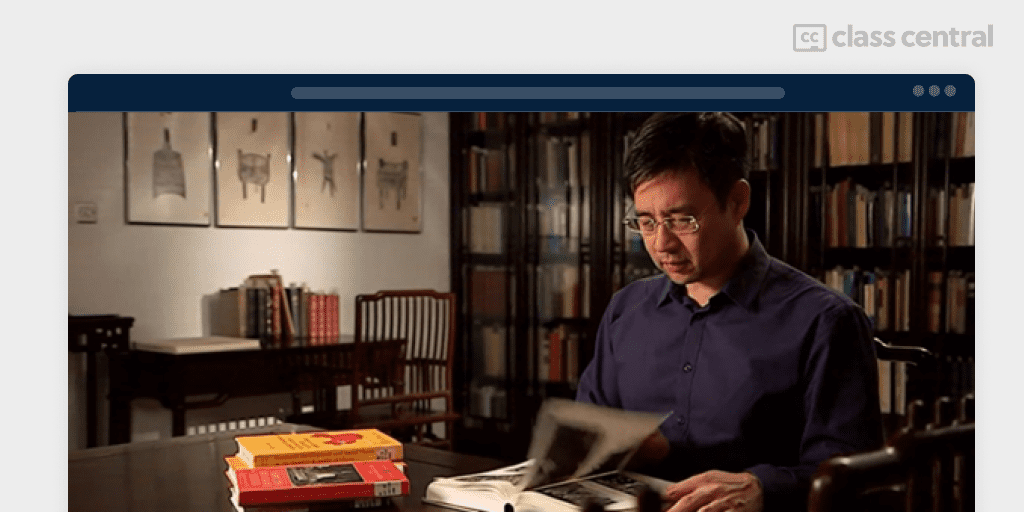
All economists around the World try hard to think about what to do to bring economic success to emergent countries and are curious about how China could be the unique emergent country that indeed made it and became a thriving economy. China promises to wipe all the poverty, hunger, and underdevelopment out. How do they do it?
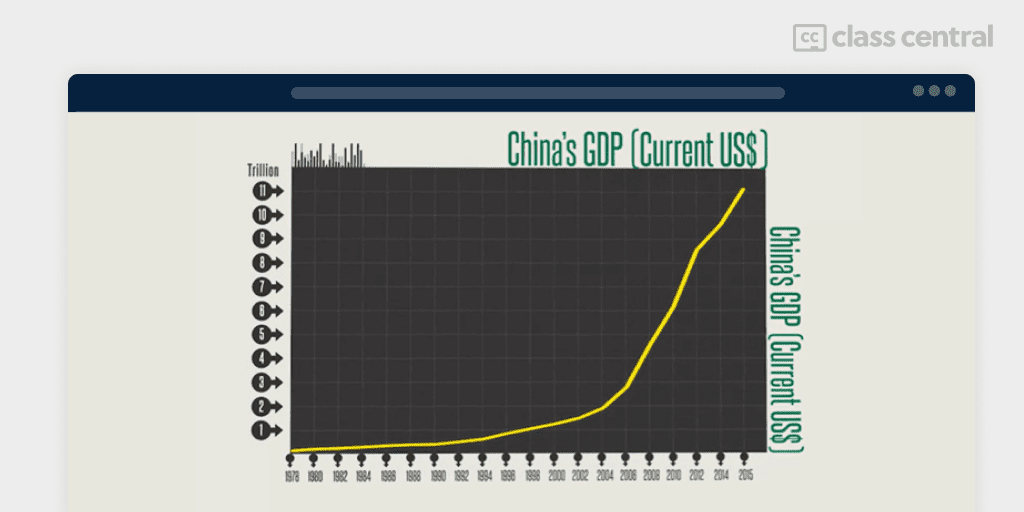
More than that, how can we grasp this knowledge without falling in the trap of political bias and preconception, with no cold war propaganda, analyzing objectively the most important aspects of the Chinese economy?
The Instructor
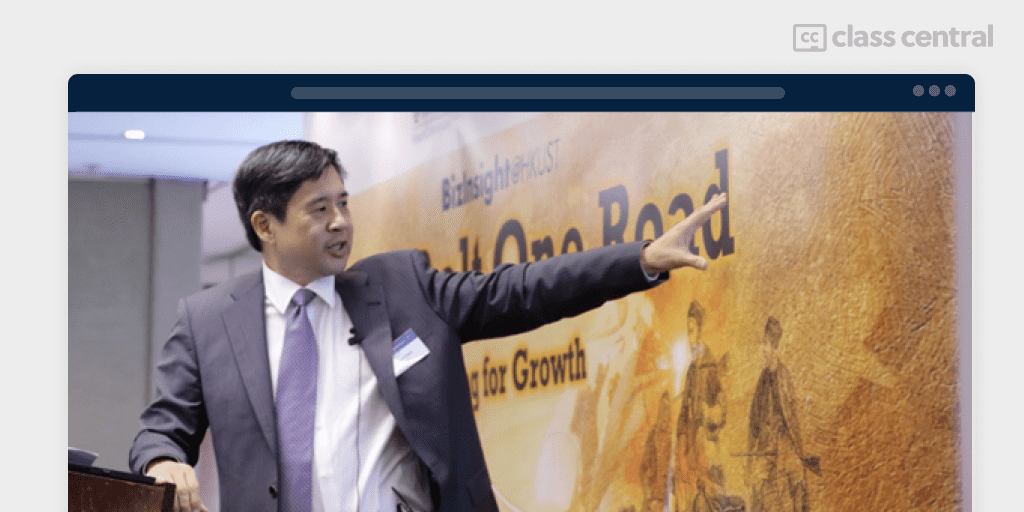
The man for this job is Professor Albert Francis Park who teaches the Coursera MOOC China’s Economic Transformation. You will learn the Deng Xiaoping principle of gradual reform, “crossing the river by feeling the stones”, allying millennial Taoist knowledge to modern economic technology.
Albert Francis Park came from Korea Development Institute, where he was a Research Assistant in 1988. After that, he passed a hard proficiency training in Chinese (1992) that enabled him to deeply study the Chinese reforms. Fluent in Chinese and English, Albert Francis Park Undergraduate as Bachelor of Arts at Oxford and got his PhD at Stanford in 1996. With academic positions at the University of Michigan, Oxford and Stanford, he is now an outstanding teaching professor at Hong Kong University and active in many institutes of emergent development and on the editorial board of the main journals of comparative economics and emergent development. He is the director of the Institute for Emerging Market Studies.
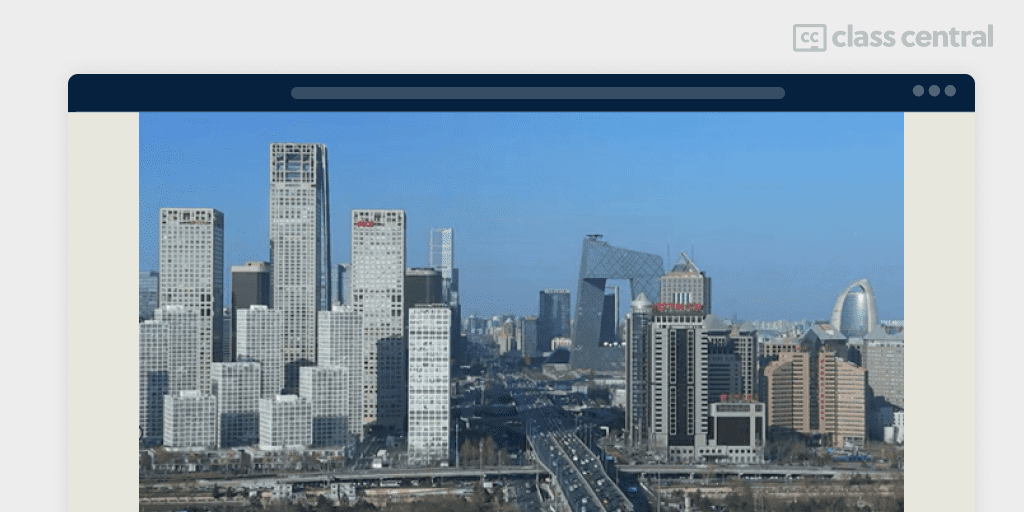
Conclusion and what’s next
Chinese tradition involves hard work and this course is no different. There’s lots of information, reading, and material to study, so learn carefully, take notes, and study, because the tests are carefully made to check the assimilation of the didactic material.
After completing this course, as part 2 is still not available, I recommend the following courses: Chinese Politics Part 1 – China and Political Science and Chinese Politics Part 2 – China and the World.
